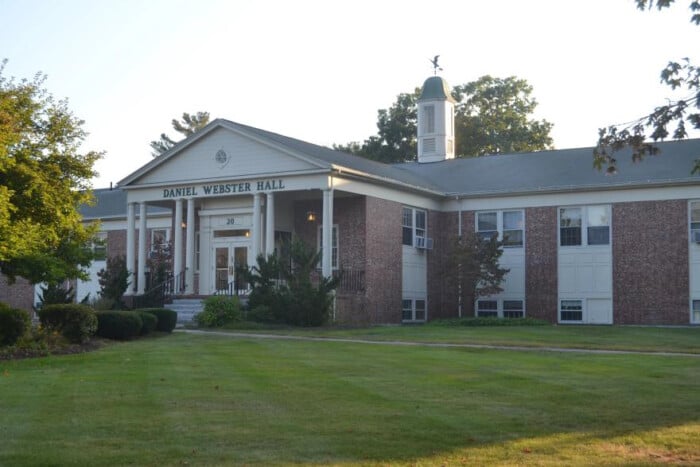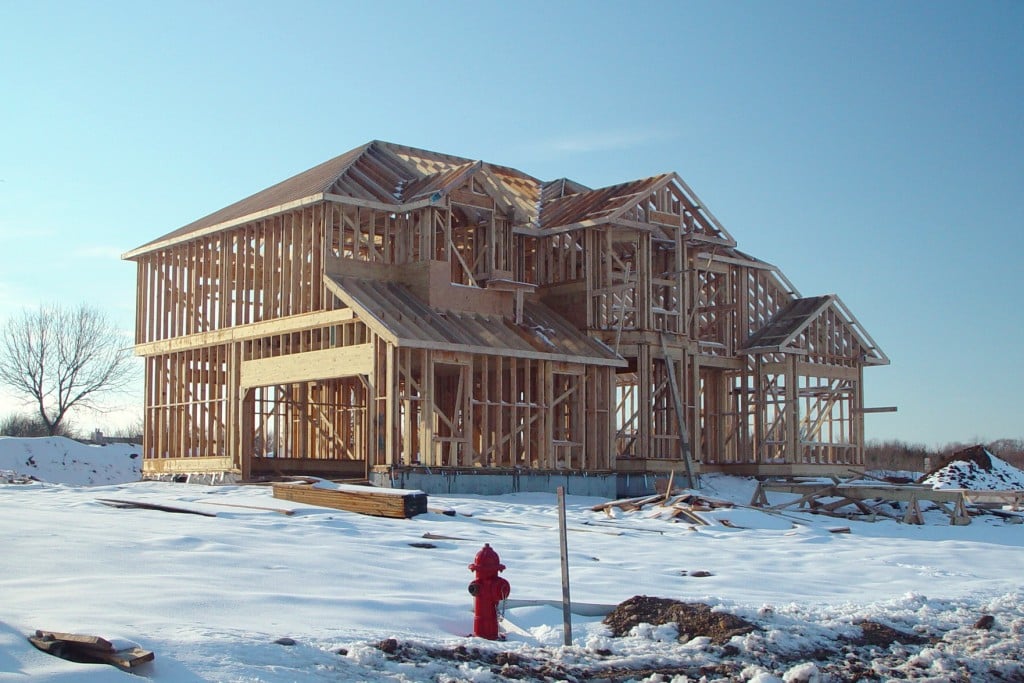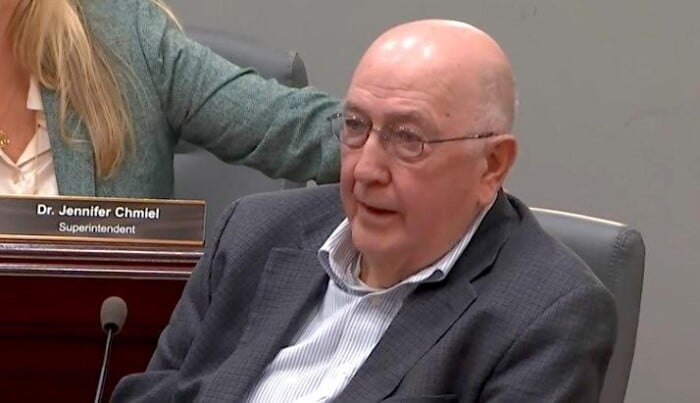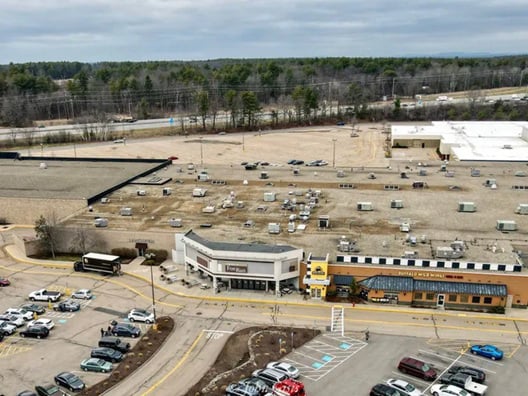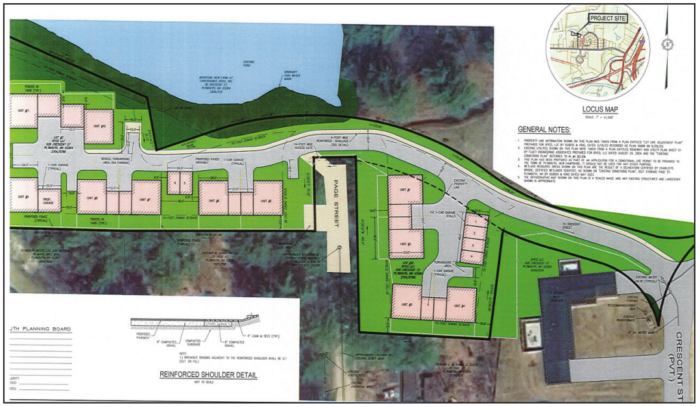Despite a shift in policy, New Hampshire officials expect 100% of the households and businesses in the state will have access to broadband internet by 2026.
In fact, according to the New Hampshire Department of Business and Economic Affairs (BEA), a policy shift that came about with the election of President Donald Trump allows the state to accelerate by three years its fully wired timeline using a greater array of internet technologies, including satellite.
“Because of our proactive approach, New Hampshire remains on track to reach 100% broadband access in 2026,” said outgoing BEA Commissioner Taylor Caswell. “New Hampshire was one of the first states to receive approval on our broadband expansion plan in 2023, and why we already are up to 99.2% connectivity, leaving roughly 5,100 addresses left.”
The money to do the work — about $19.3 million — is coming from Broadband Equity Access and Deployment Program (BEAD), part of the Infrastructure Investment and Jobs Act of 2021 during the President Joe Biden administration.
BEAD’s total funding for broadband was originally $42.45 million, with some 4.86 million locations slated to get broadband upgrades as a result.
New Hampshire’s share was $196.5 million for 9,527 locations across the state, especially in rural areas where access to broadband internet can be hard to come by because of distance, terrain and infrastructure.
The Trump Administration modified the program’s rules in June 2025, reducing New Hampshire’s designated locations by 45%, from 9,527 to 5,250.
Nationally, the number of locations designated for the broadband upgrades went from 4.86 million to 4.19 million.
The reduction by the Republican administration raised the ire of New Hampshire’s congressional delegation, all Democrats.
Collectively, U.S. Sen. Jeanne Shaheen, U.S. Sen. Maggie Hassan, U.S. Rep. Chris Pappas of the 1st Congressional District, and U.S. Rep. Maggie Goodlander of the 2nd Congressional District penned a letter criticizing the rules modification saying that they “will threaten broadband access in New Hampshire, especially in rural and underserved communities that most need it.”
The Aug. 27 letter to the secretary of the U.S. Department of Commerce said the new guidelines “effectively remove the ability of state agencies to award BEAD funds to broadband providers who will best combine high-quality internet service with cost-efficient construction of broadband infrastructure.”
“The administration has now removed discretion from state and local communities, instead requiring that BEAD funds be allocated solely to the lowest-cost projects — even if those projects deliver extremely low-quality internet service to rural areas,” they added. “This change is especially harmful to rural Granite Staters, who may now be limited to slow, weather-dependent internet.”
The new guidelines were released by the National Telecommunications and Information Administration (NTIA), under the auspices of the Department of Commerce.
A BEA statement said the updated NTIA policy, while a shift, ultimately allows the state to accelerate its timeline by using a wider range of technologies, including satellite, which helps us meet the goal of 100% connectivity for every home and business by 2026. “This is a monumental step forward, and we’re confident in our ability to deliver on this promise for the people of New Hampshire,” said the BEA statement.
Caswell has tendered his resignation as BEA chief, a job he’s held for eight years, saying he will leave the office Oct. 15. He had the support of Gov. Kelly Ayotte for a renewed term, but he lacked a majority of support of the Executive Council for reappointment. While council members Karen Liot Hill and Janet Stevens supported his return, councilors Joseph Kenney, David Wheeler, and John Stephen did not.
New Hampshire’s original broadband venture through BEAD was approved by NTIA in January 2024 laid out a five-year timeline of goals and objectives. Per the timelines, the objectives were to have been met by 2029.
The new plan accelerates the completion by three years.
The BEA proposal submitted in September identifies 5,135 locations for upgrades at a cost of $19.3 million. The work would be spread among four internet providers as follows:
- Comcast: Mix of fiber and coax, 573 locations for $6.6 million;
- Consolidated Communications: Fiber, 2,574 locations for $6.16 million;
- New Hampshire Electric Co-op: Fiber, 884 locations for $5.6 million;
- SpaceX: Satellite, 1,104 locations for $953,095, SpaceX is owned by Elon Musk.
These awards are dependent on both NTIA approval and approval by Gov. Kelly Ayotte and the Executive Council.
According to the state, about 98% of Granite State homes and businesses currently have access to a broadband connection.
Many providers use a combination of fiber and coax, with fiber handling the long distances and coax connecting to the home. Some providers are going fiber all the way to the home. SpaceX began providing its Starlink satellite internet service to consumers in late 2020.
With $19.3 million subtracted for broadband upgrades from the original allocation of $196.5 million, it’s unknown at this point what will happen to the remaining $177.2 million.
New Hampshire’s original proposal called for computers, training, cybersecurity and outreach as part of its objectives, but those features were eliminated by the rules modifications.

